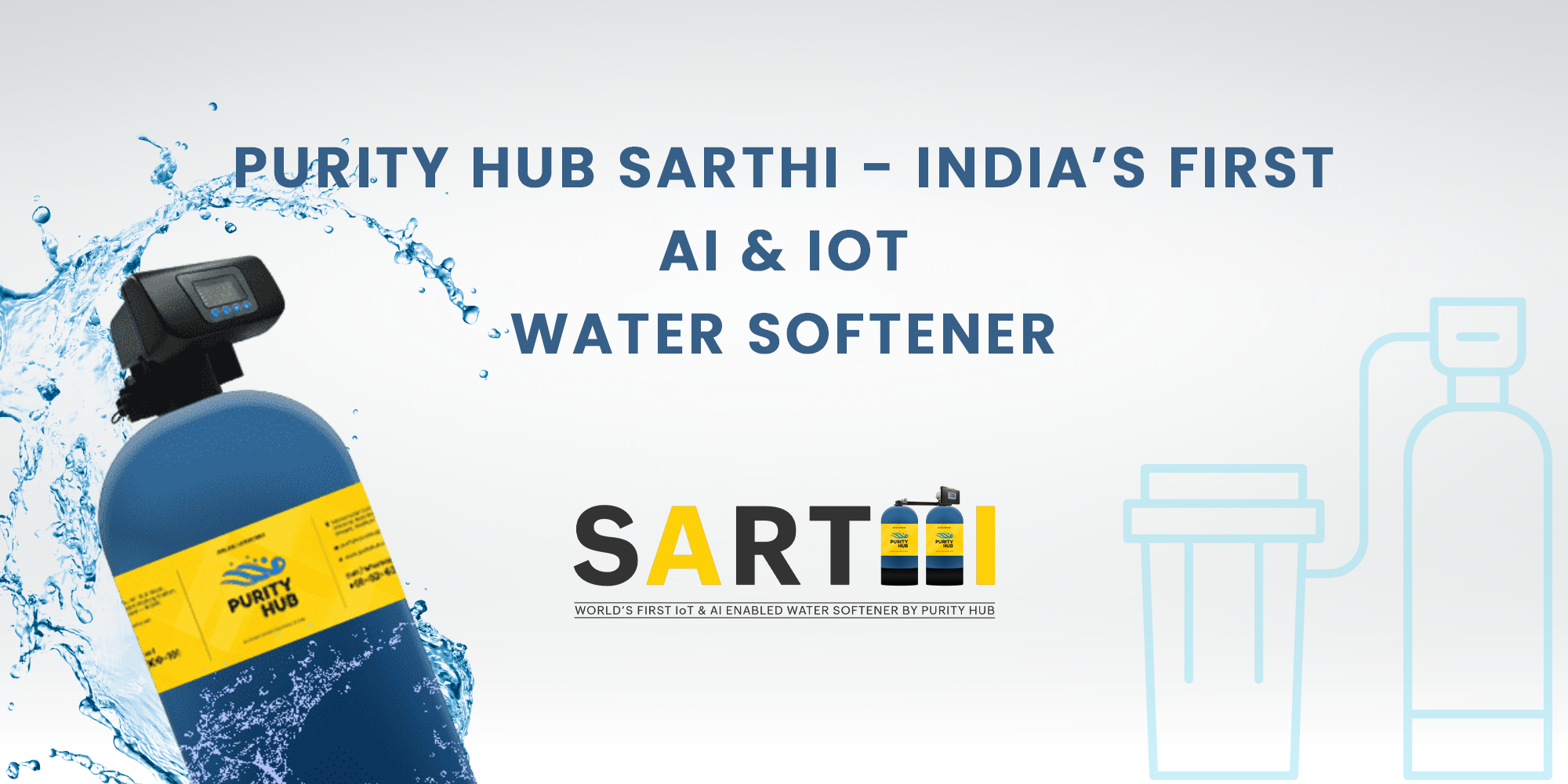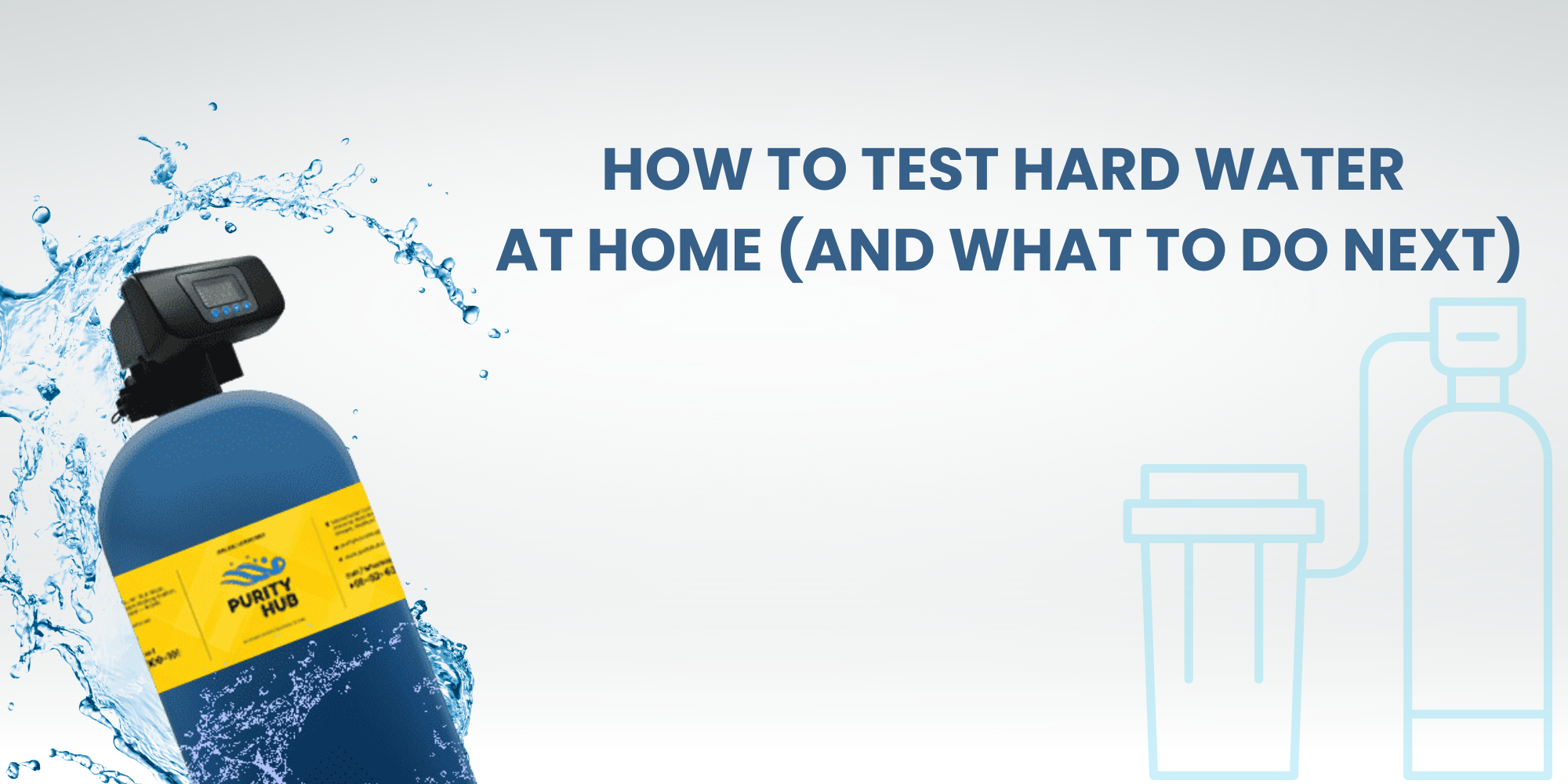
Summary
Hard water can cause significant damage to your bathroom, from limescale buildup on fixtures to clogged plumbing. A water softener for bathroom use is the ultimate solution, protecting your fixtures and reducing cleaning hassles. This blog explored how hard water affects bathrooms and provided tips on selecting and maintaining the best hard water softener. Investing in a water softener system is a smart choice to keep your bathroom beautiful and functional.
By using a targeted water softener for house or bathroom systems, you ensure that your home is safeguarded against the damaging effects of hard water. Don’t wait—protect your bathroom today!
Hard water, laden with minerals like calcium and magnesium, can wreak havoc on your bathroom. From unsightly stains to costly plumbing repairs, its effects can be damaging and persistent. This comprehensive guide delves into how hard water impacts your bathroom and offers solutions, including tips for selecting the perfect water softener for bathroom needs.
The Impact of Hard Water on Your Bathroom
Stains and Mineral Deposits
Hard water leaves behind stubborn stains and chalky white deposits, known as limescale, on bathroom fixtures, tiles, and showerheads. These deposits not only look unsightly but can also reduce the efficiency of faucets and showerheads over time.Soap Scum Build-Up
The minerals in hard water interact with soap, forming a sticky residue called soap scum. This film coats bathroom surfaces, making cleaning a tiresome task and dulling the shine of tiles and glass.Clogged Plumbing and Fixtures
Hard water can lead to mineral buildup inside pipes, faucets, and showerheads, reducing water flow and causing clogs. Over time, this can strain your plumbing system and result in expensive repairs.Damage to Bathroom Surfaces
The abrasive nature of hard water can erode the finish of tiles, bathtubs, and sinks, diminishing their lifespan. Over time, surfaces may become dull, stained, or irreparably damaged.
The Solution: A Hard Water Softener for Your Bathroom
A hard water softener is an effective way to mitigate these issues. By removing excess minerals from the water supply, a water softener prevents mineral deposits, protects fixtures, and makes cleaning easier. Let’s explore how to choose the best water softener system for your bathroom.
How to Choose the Best Water Softener for Bathroom Use
Understand Your Water Hardness
Begin by testing your water hardness level. Home testing kits or professional water analysis services can provide a clear understanding of the mineral content in your water.Opt for a Compact System
For bathrooms, a compact water softener system is ideal. These systems can be installed under sinks, near water heaters, or directly on bathroom plumbing lines, ensuring efficient operation without occupying too much space.Consider Regeneration Methods
Water softeners use various regeneration methods, such as salt-based or salt-free systems. Salt-based systems are more effective for high levels of hardness, while salt-free alternatives are easier to maintain and environmentally friendly.Look for Additional Features
Modern water softeners often include features like programmable settings, low salt indicators, and advanced filtration for improved water quality. Choosing a system with these features enhances convenience and efficiency.Think About Whole-House Solutions
If hard water affects other areas of your home, investing in a water softener for the house may be more beneficial. These systems ensure that all water entering your home is softened, protecting appliances, plumbing, and personal care routines.
Tips to Maintain Your Water Softener System
Regular Cleaning: Clean the brine tank and resin bed periodically to maintain the efficiency of your softener.
Monitor Salt Levels: If you have a salt-based system, ensure the salt reservoir is refilled when needed.
Check for Leaks: Inspect pipes, fittings, and the unit itself to prevent water wastage or damage.
Replace Filters: Some systems include filters that should be replaced according to the manufacturer’s recommendations.
Why a Bathroom Water Softener Is Worth It
Investing in a water softener for the bathroom not only preserves the beauty of your fixtures and tiles but also saves you time and money on cleaning and repairs. Soft water ensures a smoother bathing experience, reduces soap usage, and enhances the longevity of your bathroom fittings.
With the right system in place, you can eliminate the frustration caused by hard water and enjoy a pristine, low-maintenance bathroom.
Conclusion
Hard water is more than a nuisance; it’s a potential threat to your bathroom's aesthetics, functionality, and hygiene. By understanding the damage it causes and adopting solutions like a hard water softener, you can keep your bathroom in top-notch condition. Whether you choose a compact bathroom unit or a water softener for the house, the benefits are undeniable.
Say goodbye to limescale, soap scum, and clogged plumbing—embrace the transformation with a water softener today!



